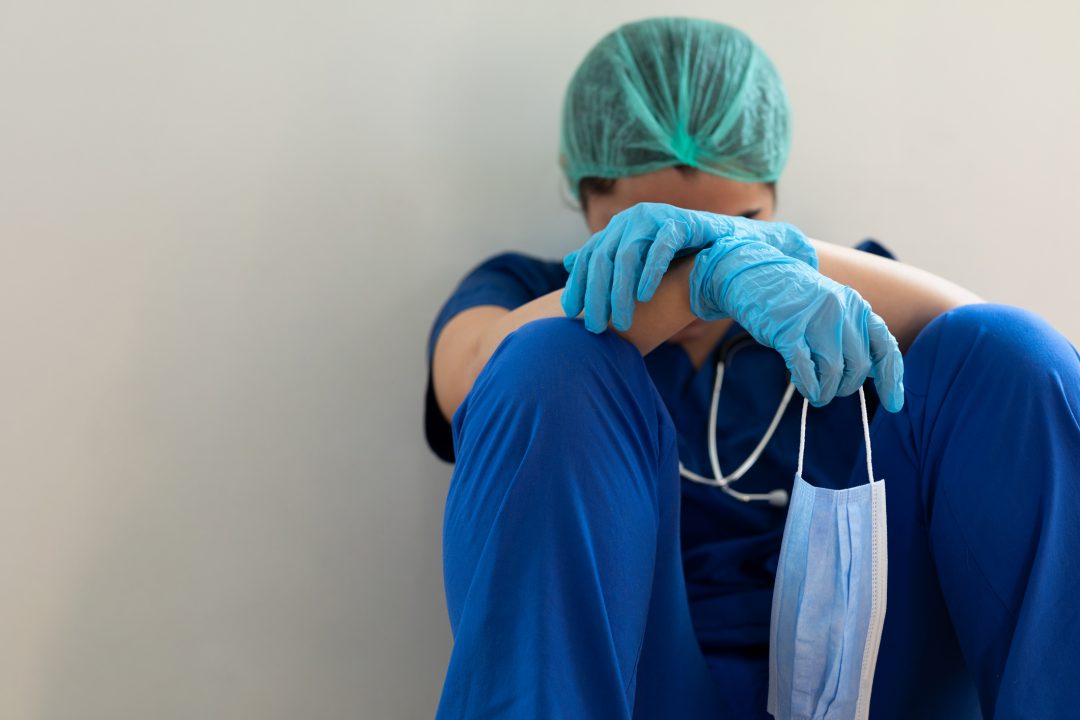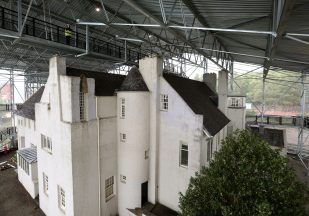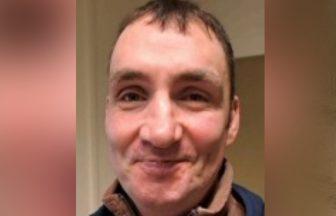Hundreds of Scottish doctors remain at a “high risk” of burnout, according to a new report.
The General Medical Council (GMC) warned risk of medics working themselves to exhaustion “is now the highest it has ever been” since it started tracking metrics in 2018.
The watchdog said a combination of NHS backlogs resulting from the Covid pandemic and a working environment hampered by rota gaps put the health service in danger of becoming trapped in a “vicious circle” that would “adversely affect patients”.
Over half of trainers, those who mentor junior physicians, in Scotland reported being at either high or medium risk of burnout, according to the regulator’s national training survey.
More than 4,600 doctors from Scottish hospitals took part in the study.
It said that the risk of burnout has increased across every area of medical training, but the highest rate was seen in emergency medicine.
In 2021, 21% of training doctors working in emergency care were deemed to be at high risk of burnout, but this rose to 32% in 2022, according to the poll.
A total of 11% of medical trainers deemed themselves at “high risk” of burnout, while a further 42% said they were “moderate risk”.
The Royal College of Physicians Edinburgh (RCPE) branded the findings “deeply concerning”.
President Prof Andrew Elder said: “The UK medical profession has attracted people of the highest quality to its ranks for many years but we cannot assume that this will continue given the unrelenting pressures facing doctors every single day.
“The most precious commodity in clinical medicine is time and it is time that is in increasingly short supply. Without it, doctors cannot do their jobs – and if they cannot do their jobs to the standard they feel their patients need and deserve, moral distress, injury and ‘burnout’ will follow.
“But “burnout” may not be the best word, as it implies some weakness in the individual – but the issue is not with the individuals we recruit as doctors but the environment in which they have to work. We need to change that environment.”
He added: “If we don’t, recruitment and retention will falter further, rota gaps deepen and patient safety suffer.“
Two-thirds (66%) of trainees said they are ‘always’ or ‘often’ worn out at the end of their working day, while 44% said they were regularly exhausted in the morning at the thought of another day of work.
A Scottish Government spokesperson said they were “working with health boards fill posts and create new roles”.
They added: “The Scottish Government is committed to looking after the wellbeing of our NHS staff and in 2021/22 £12m was made available to support the mental health and wellbeing of the workforce.
“NHS Scotland staffing is at a record high level and we are increasing medical undergraduate places and trainee doctor posts year on year. Since 2014, 719 additional training posts have been funded by the Scottish Government.”
Follow STV News on WhatsApp
Scan the QR code on your mobile device for all the latest news from around the country


 iStock
iStock

























